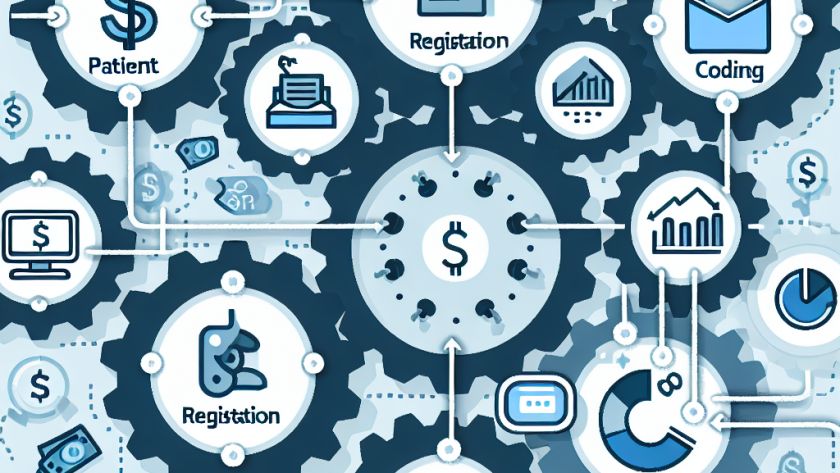The healthcare industry is faced with the challenge of handling nationwide clinical staffing shortages, declining reimbursements from government and private payors, increased administrative burdens linked to value-based care, as well as many other issues that impact hospitals' profitability. For hospitals to remain sustainable, they need to employ strategies that optimize their operational performance.
Health systems often…











